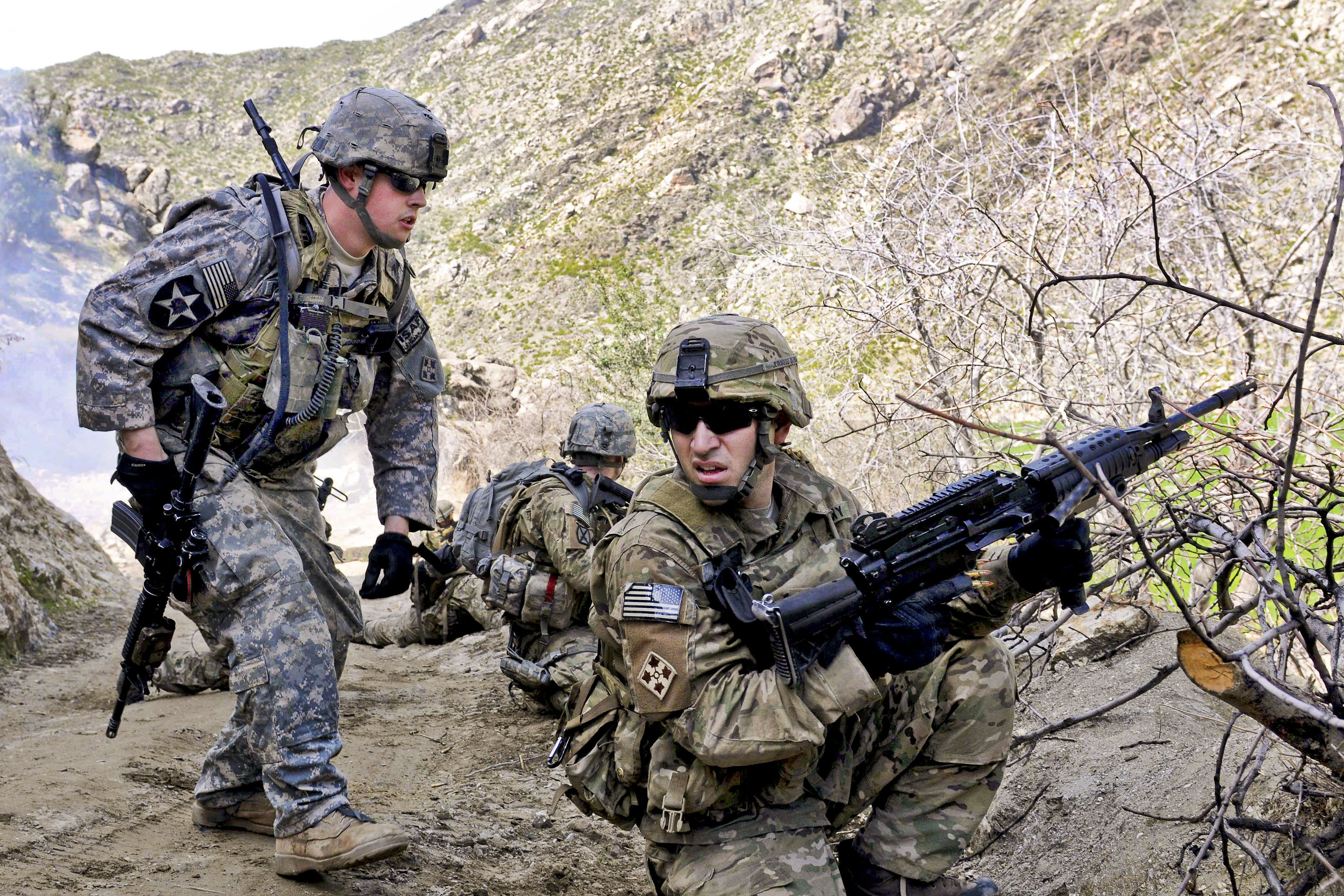By Matthew Pertz, Opinions Editor
The biggest problem facing the United States isn’t ISIS, or the Zika virus, or national debt, or any presidential candidate. The biggest problem is our fear of those problems.
America is the biggest and baddest fish in the pond. No country comes close to being the power that we are. We command a military that is bigger than the next seven biggest combined. We have the strongest economy and the greatest quality of life on the planet.
Our government has decided it’s entirely our business to place ourselves at the center of the global dynamic: Nothing happens without our approval or, better yet, our initiation. But we somehow still find ourselves unwilling to act on issues that require the world’s superlative nation to act.
The Syrian Civil War and the refugees thereof. Worldwide health crises, to the tune of Ebola, Zika or AIDS. Collapsing world economies. Human rights violations. Famine. Genocide. Disease. The list of the world’s solvable problems keeps growing, but our willingness to help keeps shrinking.
We Americans constantly use our privilege to smother ourselves in similarities, choosing to only associate with people of the same religion, skin color, beliefs, and worldviews. A poll conducted by the Public Religion Research Institute found that 83% of Americans say they “know little or nothing about Islam” and 62% say they “seldom or never have conversations with people they know to be Muslim,” but somehow 47% say “believe the values of Islam are at odds with American values and way of life”.
How can we say that the lifestyle of a group isn’t congruent with our own values if we admit we don’t understand that group?
That example is very narrow, but it demonstrates the mindset of the average American. We tend to fear the unknown and cling to the comfortable, eschewing the opportunity to help in favor of the opportunity to stay in our bubble.
Politicians blaspheme our history by trying to ban immigrants. Every President gets to deplore these problems without acting to remove the problem. Trump denounces Clinton, Clinton bemoans Trump, and their supporters all hold the belief that America is going to hell in a first-class handbasket if their candidate doesn’t win.
Some of our fears are justified. The 9/11 attacks, for example, left many with unanswered questions about al-Qaeda, Iraq, and Islam. Gun control unites Americans under a common denominator: fear of more violence (either due to too few or too many firearms).
American identity implies both entitlement and responsibility. We are obligated not just to manage our own problems, but to help solve the issues of the world as well.
This brings to mind Plato’s Cave. The allegory is about prisoners who have spent their entire lives facing the wall of a cave, knowing nothing but their own shadows. They believe that their shadows are real beings and the only reality they know.
Now imagine one of the prisoners is freed. In the outside world, he realizes that a shadow is just a shadow. His sudden knowledge allows him to teach the other prisoners what the real world is and to free them from their shackles.
In applying that parable to the current state of the world, The United States is represented by the free man with all knowledge and resources, and the world’s other nations are the chained prisoners. Instead of going back to help, the free man chooses to stand alone because he’s afraid of what could happen inside the cave.
Why are we so afraid? Better yet, how can we Americans conquer our fear and realize our potential? Our nation has the resources and the ability to conquer most of the problems facing the world today. We need to answer our calling and rise up to a most lofty humanitarian standard.


